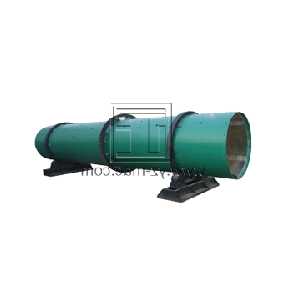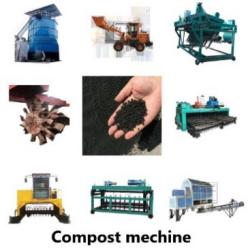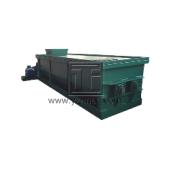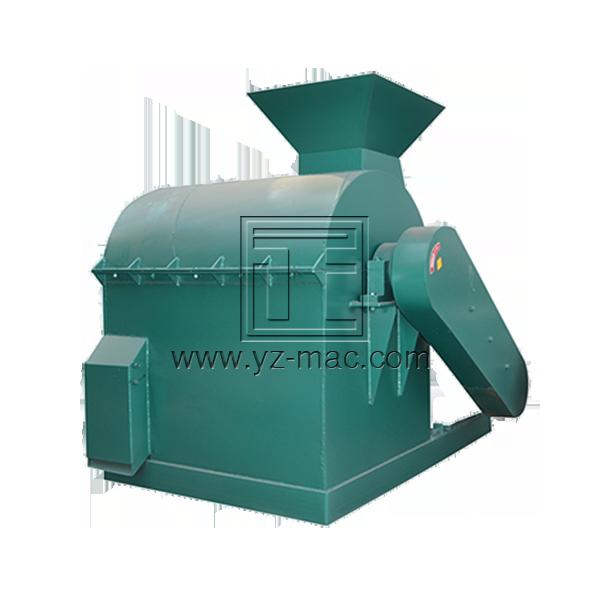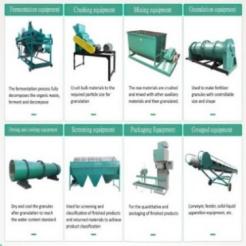Organic waste composting machine
An organic waste composting machine is a revolutionary tool designed to convert organic waste materials into valuable compost. With increasing concerns about waste management and environmental sustainability, composting machines offer an efficient and eco-friendly solution for managing organic waste.
The Importance of Organic Waste Composting:
Organic waste, such as food scraps, yard trimmings, agricultural residues, and other biodegradable materials, constitutes a significant portion of our waste stream. Instead of sending this waste to landfills, where it contributes to greenhouse gas emissions and soil pollution, composting provides a sustainable alternative. Organic waste composting not only diverts waste from landfills but also converts it into nutrient-rich compost, which can be used to enhance soil health and support plant growth.
Working Principle of Organic Waste Composting Machines:
Organic waste composting machines employ a controlled process called aerobic composting. These machines create an optimal environment for microorganisms, such as bacteria and fungi, to break down organic waste materials. The composting process involves four main factors: organic waste, oxygen, moisture, and temperature. Composting machines provide the ideal conditions, including proper aeration, moisture regulation, and temperature control, to accelerate the decomposition of organic waste and facilitate the conversion into compost.
Benefits of Organic Waste Composting Machines:
Waste Reduction and Diversion: Composting machines significantly reduce the volume of organic waste by breaking it down into compost. This waste reduction not only saves valuable landfill space but also minimizes methane gas emissions, a potent greenhouse gas produced by decomposing organic waste in anaerobic conditions.
Nutrient-Rich Compost Production: Organic waste composting machines produce high-quality compost that is rich in organic matter and nutrients. This compost can be used as a natural fertilizer to enrich soil, improve soil structure, retain moisture, and enhance nutrient availability for plants. It helps replenish essential nutrients and promotes sustainable agriculture and gardening practices.
Environmental Sustainability: Composting machines contribute to environmental sustainability by minimizing the environmental impact of organic waste. Composting reduces the need for chemical fertilizers, lowers water consumption, and mitigates greenhouse gas emissions. It supports the circular economy by recycling organic waste into valuable resources, closing the nutrient loop, and reducing reliance on synthetic inputs.
Cost Savings: By implementing organic waste composting machines, businesses, institutions, and communities can achieve cost savings in waste management. Composting reduces waste disposal fees, lowers transportation costs, and can generate revenue through the sale or utilization of the produced compost.
Applications of Organic Waste Composting Machines:
Commercial and Industrial Settings: Organic waste composting machines are widely used in commercial and industrial settings, including restaurants, hotels, supermarkets, food processing facilities, and agricultural operations. These machines efficiently process large volumes of organic waste, providing a sustainable waste management solution and producing compost for various applications.
Community and Residential Composting: Composting machines are also suitable for community composting programs and residential use. They offer a convenient and efficient way for communities, schools, and households to manage their organic waste and produce compost locally. This promotes community engagement, educates individuals about sustainable practices, and encourages the use of compost in gardens and landscaping.
Municipal Composting Facilities: Organic waste composting machines are essential in municipal composting facilities. These facilities handle organic waste from households, parks, and public spaces. Composting machines enable the large-scale processing of organic waste, supporting municipalities’ waste reduction goals and producing compost for municipal landscaping projects or distribution to residents.
Organic waste composting machines play a vital role in transforming organic waste into valuable compost, contributing to waste reduction, nutrient recycling, and environmental sustainability. By utilizing these machines, we can divert organic waste from landfills, reduce greenhouse gas emissions, and produce nutrient-rich compost for soil improvement.



